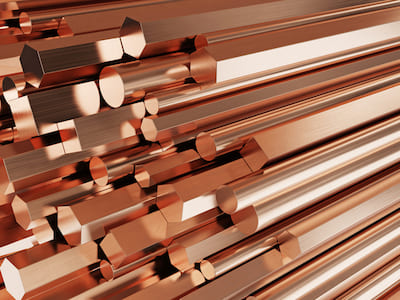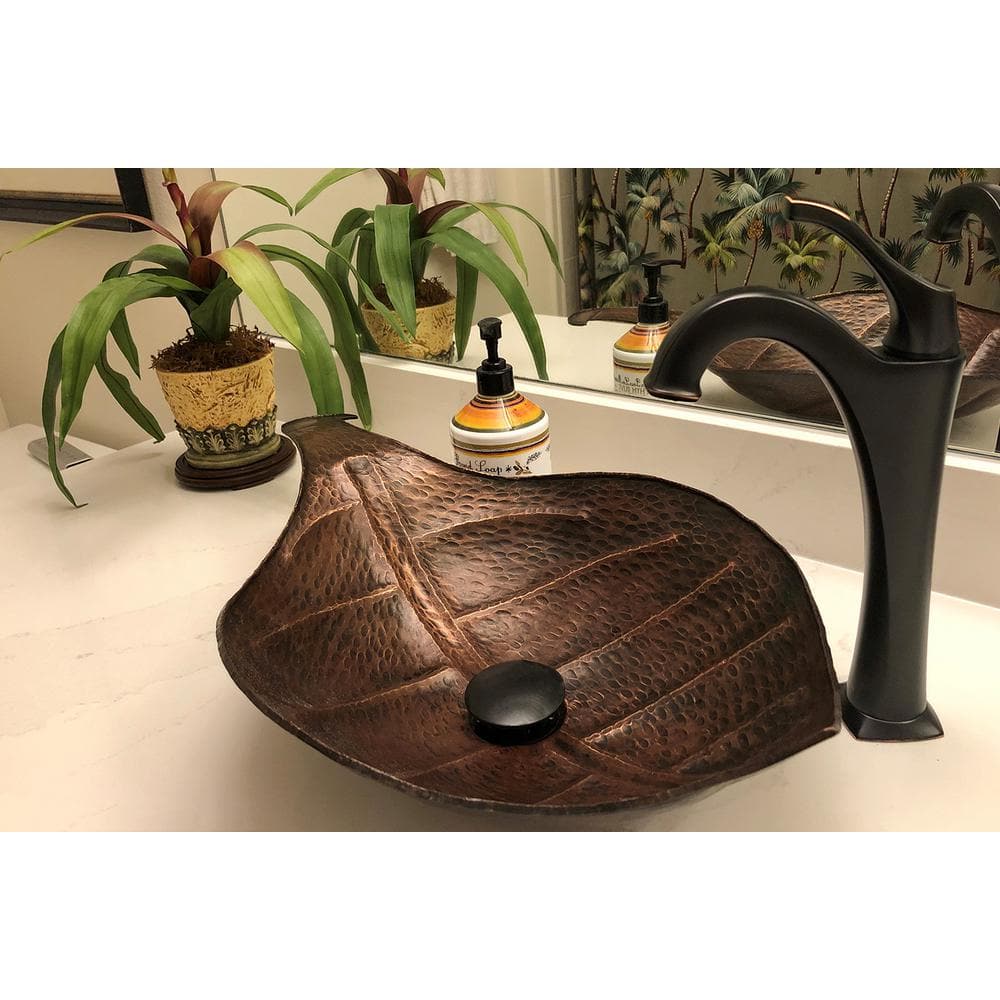Discovering the Diverse Applications of Copper Products in Modern Industries
From enhancing the efficiency of electric systems to playing an important function in eco-friendly energy innovations, the versatility of copper is apparent. As markets significantly prioritize technology and sustainability, the diverse applications of copper necessitate a closer examination, particularly concerning their possible influence on future environmental methods and technical improvements.
Electric Applications of Copper
Copper is an important product in the electric sector, accounting for roughly 60% of the total need for non-ferrous metals globally - Copper Products. Its remarkable electric conductivity, which is virtually twice that of light weight aluminum, makes it the favored option for a large range of electrical applications. From wiring systems in industrial and household structures to high-voltage power transmission lines, copper guarantees effectiveness and reliability in electrical energy shipment
In enhancement to electrical wiring, copper is essential to the production of electrical elements such as transformers, generators, and motors. These components utilize copper's thermal conductivity and pliability, essential for warmth dissipation and reliable efficiency. Additionally, copper's resistance to corrosion boosts the lifespan and resilience of electrical systems, making it an economical option in the long-term.
The development of renewable resource sources, such as solar and wind power, has actually further enhanced the need for copper in electrical applications. As sectors transition in the direction of lasting power options, copper's role ends up being also a lot more crucial. On the whole, the adaptability and efficiency characteristics of copper solidify its standing as a cornerstone material within the electrical sector, driving development and efficiency throughout numerous applications.
Pipes and Piping Solutions
In modern-day pipes systems, the selection of materials substantially impacts both functionality and durability. Copper has become a favored alternative as a result of its unique homes, including deterioration resistance and antimicrobial features. These attributes guarantee that copper piping remains risk-free and long lasting for transporting potable water, an essential consideration in domestic and industrial applications.
One of the vital benefits of copper in pipes is its ability to endure heats and stress, making it suitable for a selection of applications, from hot water systems to heating and cooling down networks. In addition, copper's flexibility permits easier installment in complicated piping designs, minimizing the danger of leaks and failures.
Another noteworthy advantage is copper's long life expectancy, usually surpassing half a century with correct maintenance. This long life not just reduces replacement prices but also adds to lasting practices by minimizing waste. Copper's recyclability lines up with contemporary environmental requirements, promoting a round economic situation within the pipes industry.
Copper in Renewable Power
The convenience of copper prolongs past plumbing applications, playing an essential duty in the renewable resource market. Its excellent electric and thermal conductivity makes it an essential product in the production and circulation of renewable energy resources, especially solar and wind power. In photovoltaic panels, copper is made use of in solar batteries and wiring, promoting reliable power conversion and transmission. Its resistance to deterioration guarantees long-lasting efficiency, which is crucial for taking full advantage of energy result gradually.

Furthermore, as the worldwide demand for electrical vehicles (EVs) increases, copper's duty in battery systems and billing infrastructure ends up being a lot more substantial. The material's ability to perform electricity efficiently is important to the efficiency of EV batteries, enhancing variety and charging speed.
Copper's Function in Electronics
Electronics manufacturing depends greatly on copper's exceptional properties, especially its high electrical conductivity and thermal effectiveness. These characteristics make copper an optimal choice for a vast array of electronic elements, including connectors, motherboard, and circuitry. The steel's capacity to effectively transmit electric signals ensures minimal power loss, which is vital in high-performance digital devices.
In addition, copper's thermal conductivity plays a considerable function in heat dissipation, protecting delicate parts from overheating. This is particularly crucial in modern-day electronics, where small designs bring about boosted warm generation. Copper is also favored for its malleability and ductility, allowing it to be conveniently shaped right into complex designs that fulfill the demands of sophisticated electronic applications.
With the rise of consumer electronic devices, telecoms, and electric cars, the need for copper in the electronics sector continues to expand. As advancements in modern technology advance, copper remains integral to accomplishing higher performance and integrity in digital items. Its recyclability even more enhances its appeal, as makers seek sustainable remedies without endangering quality. Thus, copper stays a keystone product in the ever-expanding field of electronics.
Ingenious Makes Use Of in Production

One notable application check these guys out is in additive production, where you can try here copper-based products are used in 3D printing processes. This enables the development of light-weight parts and intricate geometries, particularly in the aerospace and automobile industries. In addition, copper's thermal conductivity makes it a suitable selection for warmth exchangers, improving effectiveness in commercial cooling systems.
In addition, the rise of smart production has actually seen the incorporation of copper in IoT devices, where its conductive abilities sustain advanced sensing innovations. In the world of renewable resource, copper is critical in the production of photovoltaic panels and wind turbines, assisting in extra effective power conversion and distribution.
As sectors pursue sustainability and advancement, copper's convenience and efficiency continue to place it as a vital product, driving developments in manufacturing and adding to the development of smarter, a lot more effective products.
Conclusion
In recap, copper items show exceptional adaptability across various contemporary sectors. Copper Products. Their remarkable conductivity enhances electrical applications, while rust resistance makes sure dependability in pipes. The integral function of copper in eco-friendly power and its crucial feature in electronic devices emphasize its value in progressing sustainable methods. Furthermore, innovative usages in producing highlight copper's adaptability and withstanding importance. Collectively, these applications illustrate copper's critical payment to technological progression and industrial performance in modern culture.
From improving the effectiveness of electric see here now systems to playing a crucial role in renewable energy modern technologies, the adaptability of copper is evident. As markets progressively focus on advancement and sustainability, the diverse applications of copper warrant a closer assessment, particularly regarding their prospective impact on future technological innovations and environmental practices.
The development of eco-friendly energy sources, such as solar and wind power, has actually better increased the need for copper in electric applications. Overall, the versatility and efficiency features of copper solidify its status as a keystone product within the electrical sector, driving development and performance throughout numerous applications.
The convenience of copper expands past pipes applications, playing an important function in the eco-friendly energy industry.